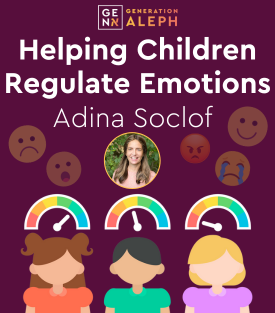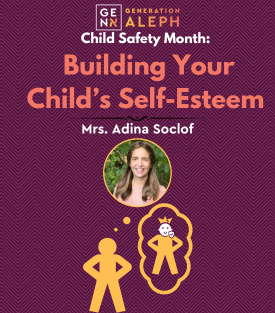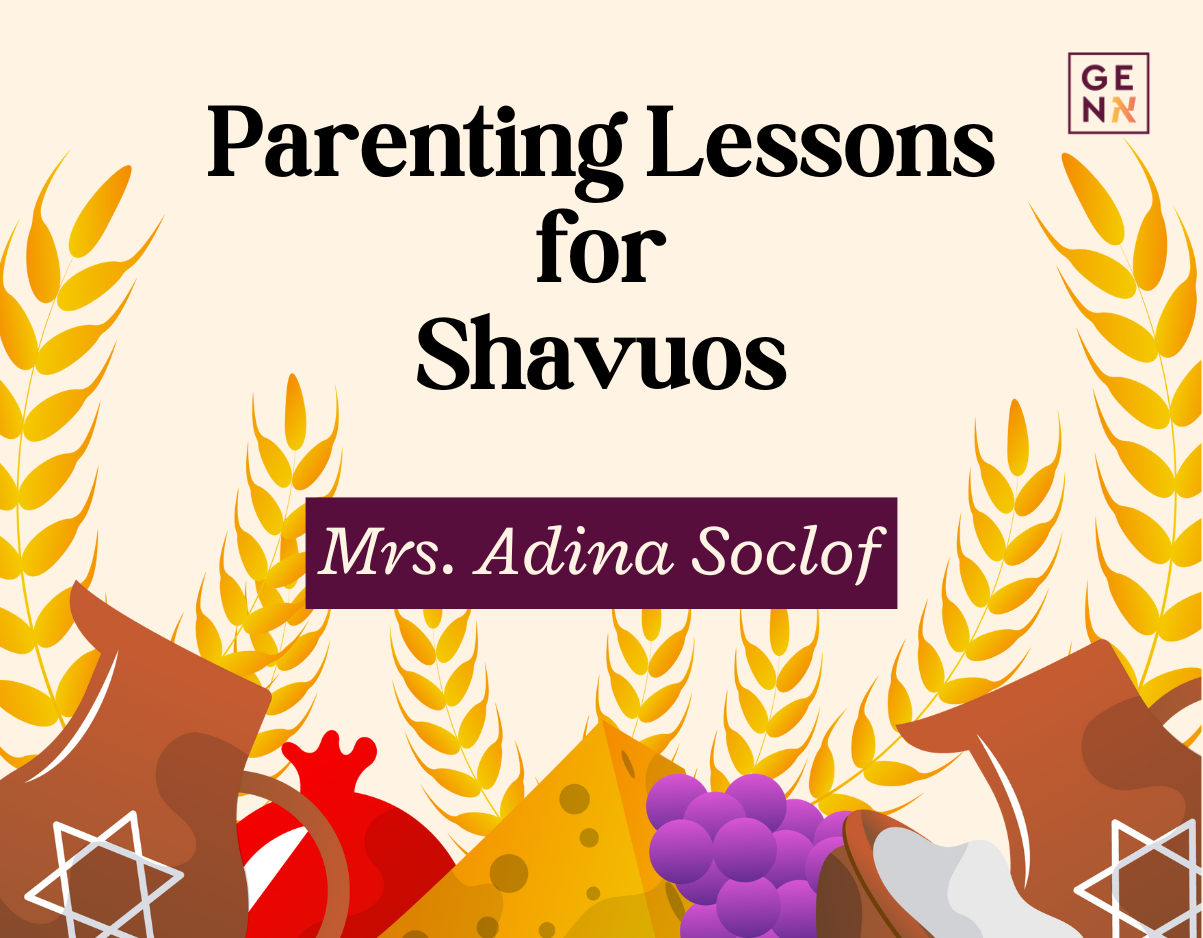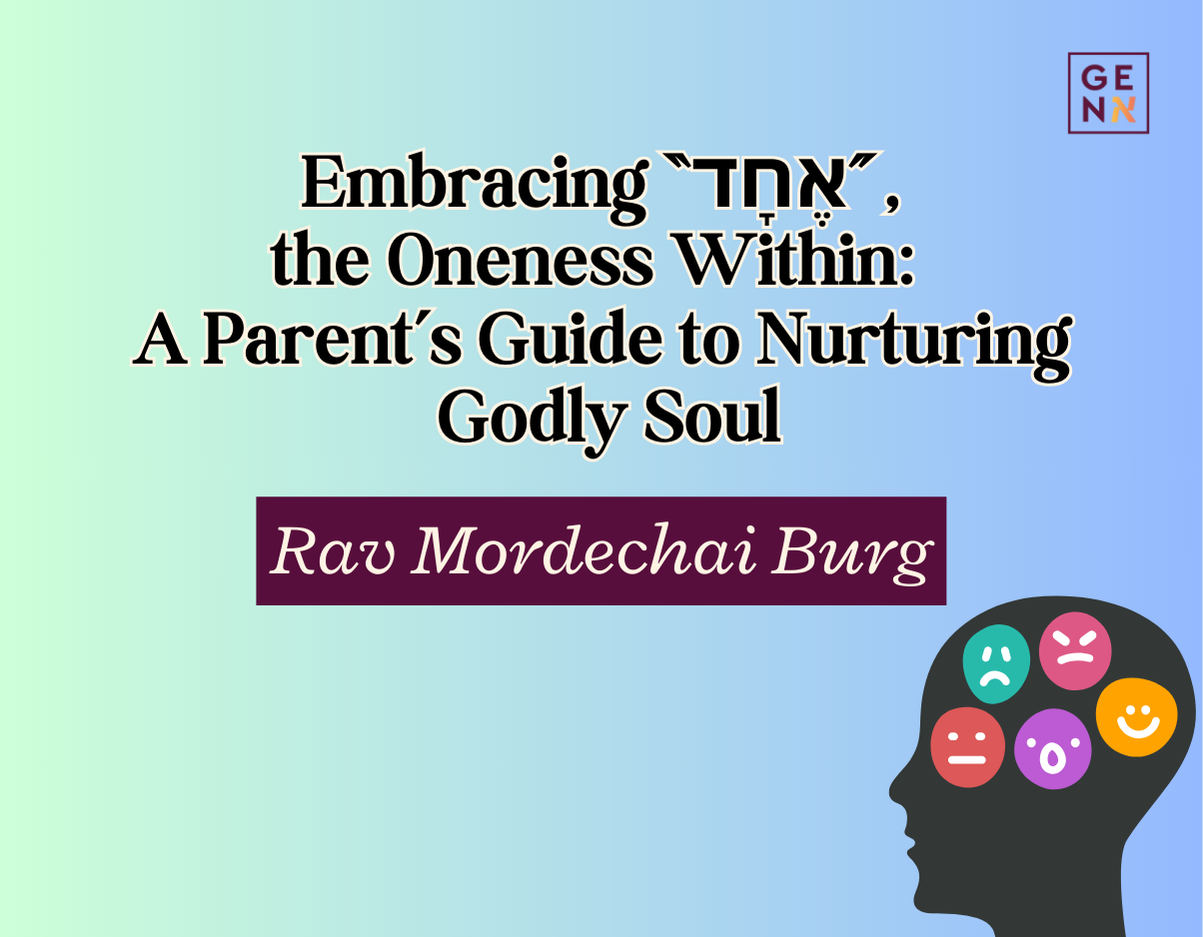As we move into the Shavuot, The Ten Commandments and Megillat Ruth take center stage. There is much we can learn from them and glean about our parenting.
- The top five:
The most important parenting advice of all is given in the Aseret Hadibrot: Honor thy father and mother.
Most of us our familiar with this concept. Traditionally, the first five commandments are between G-d and man and the last five are between man and others. G-d felt that honoring parents was so important that he placed it in the category of commandments between G-d and man.
According to Wendy Mogel, in her book, The Blessing of a Skinned Knee, teaching kids to respect parents and authority is the most basic skill that children need to lead moral lives:
“Your children will only accept your guidance and heed your advice if they respect you,” she writes. “In fact, it’s fair to say that if you don’t teach your children to honor you, you’ll have a very hard time teaching them anything else.”
She continues:
“The full text of the fifth commandment reads, ‘Honor your father and mother that your days may be long upon the land your Lord God is giving to you.’ The deal is God promised “that your days may be long upon the land.” Encompasses more than just you and your spouse. Raise responsible, respectful, children, and not only will they care for you in your old age, they’ll extend that care to their society. Your most lasting legacy, the only one that really matters, is how your children will treat their fellow creatures and the world you are leaving them. It begins and ends with honor.”
- Another twist:
According to Rav Shimshon Raphael Hirsch, the mitzvah of honoring parents, does not just refer to our children. It also encompasses our ability to honor our roles as parents. We need to respect ourselves, and believe that we are capable of raising our children, the ones that Hashem gave to us. We might not always feel this way, but we are best suited to raise our children.
My Aunt Celie, may she rest in peace, told her children that right before they were born, G-d looked all over the world to find just the right parents and home for them. They were placed with her because that is where G-d wanted them to be.
I would tell a variation of this story to my kids as well. I would add, “Daddy and I are so happy that Hashem, gave you to us! It is the best present we ever got.”
Now let’s move onto Megillat Ruth. What can we learn from one of our most beloved stories?
- Be like Naomi:
In one of the most poignant dialogues in Nach, Naomi, as she was returning to Eretz Yisroel, tells her daughter in laws to leave her and go back to their land and life as Moabite Princesses. Orpah leaves, yet Ruth stays. Ruth says the timeless words of faith and loyalty:
“Wherever you go, I will go, and wherever you live, I will live-your people are my people, and your G-d is my G-d.”
Rav Wachtfogel, points out that, if we look carefully at this Pasuk we note that, Ruth doesn’t say that she wants to be Jewish because of the intellectual stimulation, or even the beauty of the rituals or even the richness of the lifestyle. She wants to be Jewish because Naomi is Jewish. Naomi is her role model. She wants to be like Naomi.
Likewise, we want to inspire our children to want to be like us, to love Torah, because we love Torah. The way that we do that is to develop a strong and loving relationship with our children.
We also want to role model a love of being Jewish, an appreciation of the rituals and an immersion into the richness of the lifestyle. That is the best way to ensure that our children will live a life of Torah.
- Shvi Biti:
Modern life requires making many decisions. Parenting also requires making many decisions. It can be little ones: should Eli have that extra candy, is it Sara’s turn to sit next to Daddy, and where are Benny’s pants. It can be the big ones, deciding on a community, a school, or a therapist.
We can learn a valuable lesson from Naomi. After Ruth, spends the night with Boaz on the threshing floor, she comes back to Naomi. You can imagine the stress and anxiety of that moment. Naomi and Ruth have nothing, they barely have food to eat. They need a redeemer to sustain them. However, in that moment. Naomi says “Shvi Biti”- sit my daughter- basically saying, we did the best we can, we made decisions, we even implemented them. But now, we need to just sit, hand the decision over to Hashem, in essence, make peace with our decision.
Let’s step back for a moment. We do need methods to make good decisions. I always tell my kids- “when making big decisions, ask your mentors, ask your peers, you can always ask us, (kids generally do not like asking their parents advice, but that is a whole discussion for a whole other article), but then you need to just sit with it. You need to listen to your gut.”
Rabbi Nivin, a life coach, suggests that when you are making any decisions, ask advice from 3 people, a “tripod of objectivity.” Your Rav, your spouse and a trusted friend are often your best bet.
Once you do make your decision, we often spend a lot of time ruminating and second guessing ourselves. It is then that we need to be like Naomi. We need to believe that we have made the best decision with the information that we have at the time. We need to sit with it and give it over to G-d.
This Shavuot, let us teach our children to honor us, honor ourselves as parents, and be positive role models for our children. Finally, we need to learn how to make good decisions, give it over to Hashem and make peace with our choices.
Submit your questions
"*" indicates required fields











